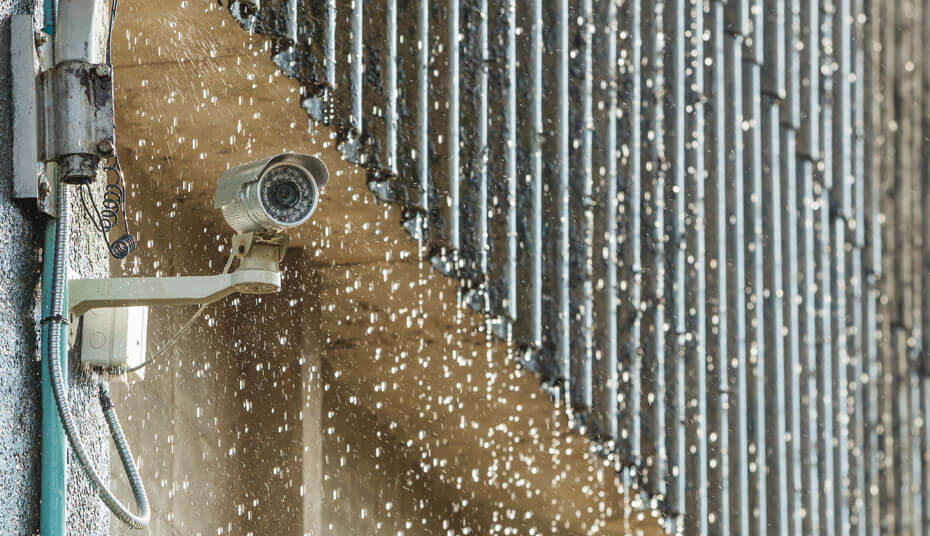SCS Blog
Recent SCS Blogs
5 Keys to the Conformal Coating Process
The conformal coating process requires careful administration to ensure successful implementation. Recognizing the unique properties of various conformal coatings is critical in selecting the most applicable coating to a project while meeting clients’ material and operational specifications. Regardless of the coating material and the component, these five fundamental procedures are essential in producing a good... Read More >>
Best Conformal Coating for Moisture
Conformal coatings are used in many of today’s advanced electronics to ensure product performs reliably and protect its functionality. While the coatings offer many beneficial properties, many printed circuit boards (PCBs), printed wiring boards (PWBs) and electronic assemblies rely on conformal coating protection against moisture. Depending on the end use of the product, PCBs or... Read More >>

Ideal Coatings for Medical Devices
Parylene is a polymeric material that is commonly applied as a conformal coating layer in electronic applications. Parylene conformal coatings are used to provide barrier protection from environmental elements and/or to provide dielectric isolation in charged conditions. They offer pinhole-free layers with low water permeability, high flexibility and high mechanical strength. While Parylene coatings are... Read More >>

Conformal Coating Facility Setup: General Requirements
If you are looking to apply conformal coatings in-house, there are several intricacies of the process can sometimes be overlooked. Given the solvents used in the spraying process, extraction is necessary. The necessary level of extraction will depend on regulations at the local, state, and federal levels. Thus, a comprehensive review of the relevant laws... Read More >>
Improving Biocompatibility with Parylene
As a biomaterial, Parylene offers numerous possibilities in the fields of biomedical implants, biophysical studies, biosensors and tissue engineering. For instance, biological microelectromechanical systems (BioMEMS) offer accurate, rapid medical diagnoses, copying standard laboratory services onto miniaturized devices that can be inserted safely into the human body. A problem limiting greater effective miniaturization has been finding... Read More >>
How Parylene is Applied Compared to Other Conformal Coatings
The generic name Parylene describes a distinct collection of polycrystalline and linear organic coating materials with innumerable applications. The essential basis of today’s Parylene N, p-xylene, was inadvertently synthesized at England’s University of Manchester in 1947. The filmy residue resulted after high-temperature heating of compounds of toulene and the xylenes polymerized into para-xylene. The substance immediately demonstrated an exceptional capacity for generating... Read More >>
Conformal Coating Application Methods
The most appropriate method of conformal coating application reflects the targeted substrate’s susceptibility to the coating material. Liquid coatings like acrylics, epoxies, silicones and urethanes possess specific performance properties. Their optimal protection and operational efficiency depends on matching these properties with the appropriate application process as well as supporting good interaction between the coating and... Read More >>
Parylene: The Military-Grade Conformal Coating
Military and defense equipment are put to the test and subjected to uniquely harsh conditions on a daily basis. These mission-critical products must be rugged and able to withstand extreme temperatures and weather conditions, exposed forces of gravity that are well above and beyond normal situations and a range of contaminants such as salt, water... Read More >>

What is Parylene Used For?
Composed of selected chemicals or polymer films, conformal coatings provide protective substrate coverings for all kinds of products. In addition to Parylene, acrylic, epoxy, silicone and urethane are some of the most commonly used liquid conformal coatings. They can be applied to substrates by dipping, flow-coating or spraying the coating material onto the substrate surface. Their resultant coatings typically measure between 25-75... Read More >>
How to Remove Conformal Coatings
Appropriately selected and applied, conformal coatings provide essential protection for printed circuit boards (PCBs). However, removal of conformal coatings is necessary if the wrong coating material is selected relative to the PCB’s functional requirements, inadequately supporting its operating environment. Poor coating application can trigger failure mechanisms within the assembly which also necessitate removal and re-application.... Read More >>

